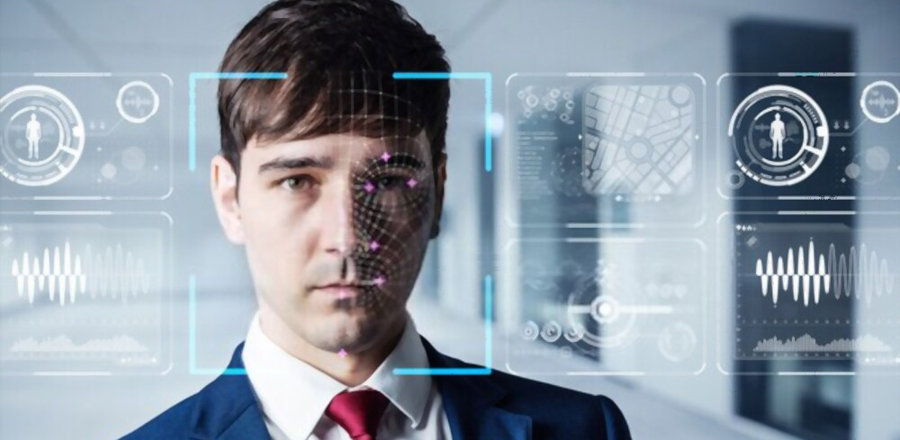Digital Accessibility and Improving User Experience
The global hospitality sector is over $500 billion industry that faces many issues mostly due to the growing competition over the incorporation of the power of technology, where several new companies are using technologically advanced features to improve consumer experience and create a major change in the way the industry works, stays relevant and profits.
The hotel operators are using systems like identity verification, biometrics, and voice recognition and providing features to meet the growing needs of global travellers. Travellers can access technology and mobile-based features from any part of the world where the devices facilitate and improve user experience.
Particularly, young travellers seek ways to use technology to access information and depend on it in many ways. A survey conducted by Oracle found that 65 per cent of the guests of hotels want hotels to invest in innovative technologies to improve user experience, provide better service, and enhance comfortability and ease of use.
In the hospitality sector, accessibility to authentic on-time information and positive user experience plays a crucial role.
A streamlined accessible website with a clear understanding of services and meaningful content to avoid confusion, where companies can give videos or explanations in the form of placeholder texts and alternative pictures to describe the real picture in the context, can improve the user-friendliness of the websites.
Since many users rely on online hotel bookings, the features for mobile compatibility should be integrated, like the one-thumb user, centre screen attention, and tap response.
The screens of mobiles are smaller; therefore, they should contain all the relevant content and functionalities integrated as per the user experience. In addition, the technologically advanced software processes for filling out forms can make the tasks manageable.
Feedback features where the response from a random set of users can provide a forum where the travellers can freely communicate and know more about the suggestions and preferences.
 Facial Biometrics in the Service Industry
Facial Biometrics in the Service Industry
Many hotel operators are interested in integrating facial biometric features in the coming years to ease the verification process.
People who frequently visit a hotel would like to be recognised instantly as they enter the hotel without giving their loyalty card or name.
These days' hotels use mobile image capture, biometrics, data pre-fill and other methods for check-ins, and these verifications can be performed immediately as the guest's check-in.
The systems in the hotels can be optimised for GPS, accelerometers, gyroscopes, cameras, smart defaults, stored data, touch screens, sensors, and gesture controls.
The digitally advanced facilities can also help the users to fix the devices – lights, AC and TV as per their specifications, where voice recognition can allow entry into the room and control the technologically linked devices with a voice command.
Not just the hospitality sector, some of these advancements can facilitate other service sectors as well and profit over time.
For more information, contact Mont Digital at www.montdigital.com or email info (@) Montdigital.com.









